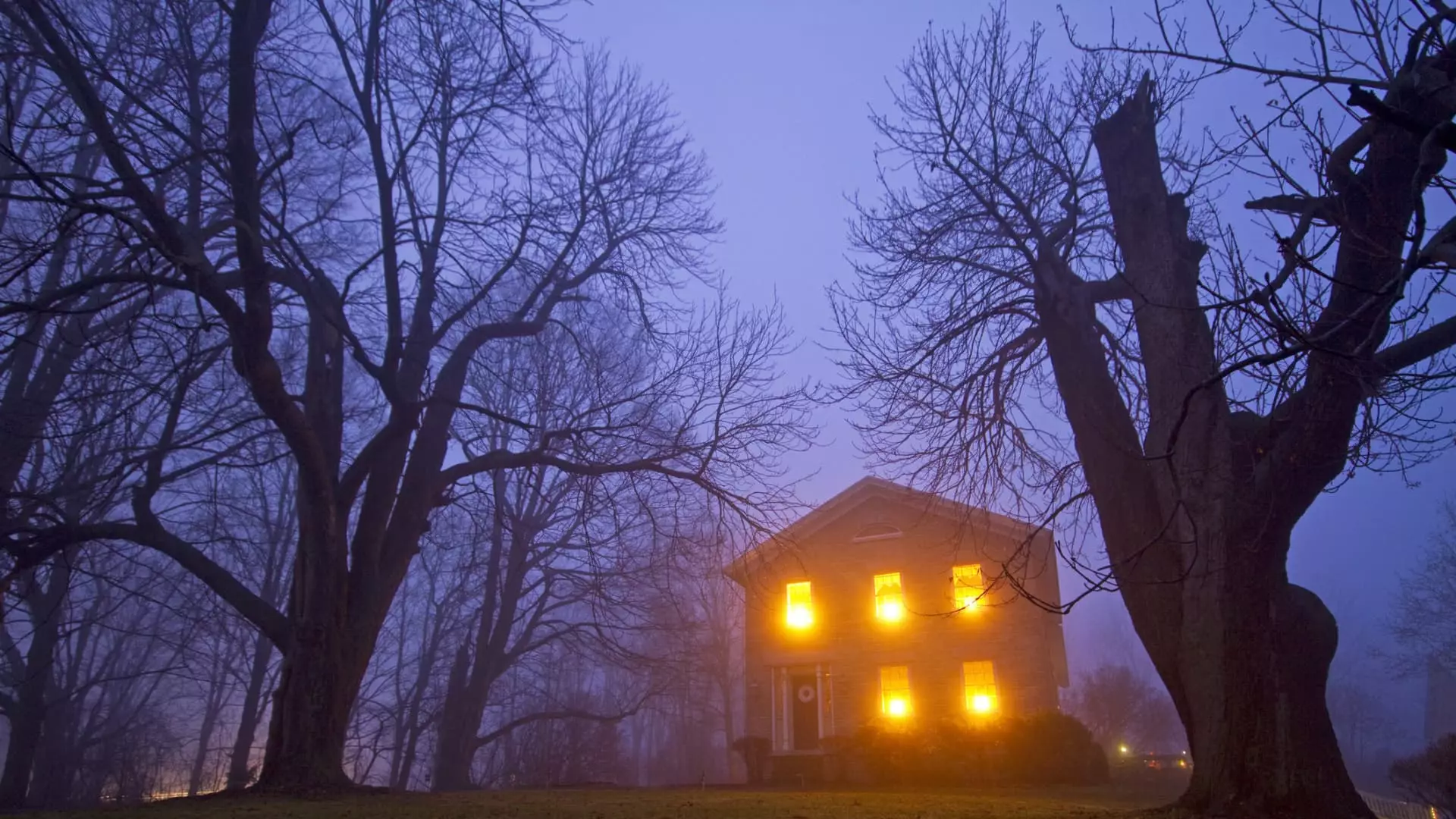Purchasing a home often involves navigating a complex landscape of regulations, emotions, and various historical contexts. One emerging concern among potential homebuyers is the concept of stigmatized properties, which are homes that may have an unsettling past, yet do not possess any physical defects. This article delves into the nature of stigmatized properties, the disclosure requirements across states, and tips for discerning buyers to make informed decisions.
The Definition of Stigmatized Properties
According to the National Association of Realtors (NAR), stigmatized properties refer to real estate that is perceived to be affected by psychological factors rather than physical conditions. Factors that may contribute to this perception include notorious crimes, deaths, or even allegations of paranormal activity. Buyers’ reactions to such properties can be starkly divergent; for some, the haunting past might deter them, while others may feel a certain allure towards these homes, especially if they come with a lower price tag.
When it comes to real estate transactions, disclosure laws play a crucial role. Various states have different rules regarding what real estate agents must communicate about a property’s history. For instance, California requires sellers to disclose if a death occurred in the home within the last three years. In contrast, states like New York do not mandate that sellers disclose history related to deaths or crimes unless these have been tied to claims of paranormal activity.
Real estate transactions often hinge on the fiduciary responsibilities of agents versus the legal obligations tied to state laws. Agents, while working for sellers, still have the duty to provide accurate information when prospective buyers inquire. This dynamic adds an additional layer of responsibility and ethical consideration to the process, creating challenges for both buyers and agents alike.
The emotional response to stigmatized properties is an intriguing aspect often overlooked. According to a survey by Real Estate Witch, a significant percentage of buyers—72%—indicated that they would consider purchasing a house deemed “haunted” if it were offered at a lower price. Further, many potential homebuyers appear willing to negotiate heavily on properties with negative histories, with about 43% of respondents indicating a willingness to offer at least $50,000 less than the market value for such homes.
Economic factors, combined with psychological considerations, create a calculated risk for buyers. While the appeal of a lower price may tempt some, it’s essential to weigh the long-term implications of purchasing a home with a complicated past. Resale value, neighborhood perception, and personal comfort must all be factored into this decision.
For homebuyers concerned about the potential stigma attached to a property, due diligence is key. There are several strategies to uncover more about a home’s history beyond what may be disclosed. Engaging with the local community can yield invaluable insights. Prospective buyers could speak with neighbors to gather firsthand accounts of the property and its prior occupants, which can provide context and peace of mind.
Another valuable resource is the local county manager’s office. In many jurisdictions, county records can shed light on any historical occurrences tied to the property, including police reports on crimes or unusual events. Furthermore, conducting a thorough online search can help uncover articles or reports about the property, as many incidents become public record.
While the history of a property is undoubtedly important, it is also vital to consider the home’s current condition, location, and overall charm. Many buyers reported that if key traits match their requirements—such as style, location, or pricing—they might overlook the stigmatization associated with past events. As Connie Vavra, a managing broker, notes, every home has a history, but that doesn’t preclude one from having a positive experience in that space.
Ultimately, the journey of homeownership is more nuanced than simply concerning oneself with the house’s past. Understanding the gravity of any potential stigma, how it affects market values, and what it signifies for personal comfort levels is essential. Homebuyers embarking on this journey should not only lean on official guidelines and survey data but also trust their instincts about what feels right to them in selecting a home that aligns with their needs and desires.

